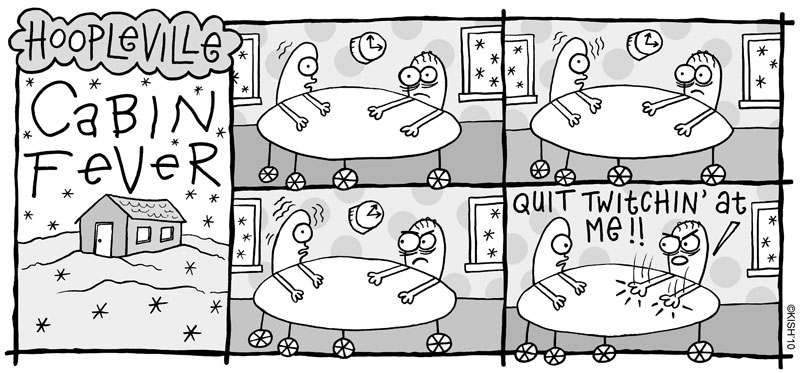So you made
it through Thanksgiving. Congratulations! Whether you survived a second helping
of Aunt Stella’s green bean casserole or made it through a day filled with a cacophony
of clanking dishes, screaming children, and interrogations from distant
relatives – you made it through. For many though, that is just the first hurdle
in a daunting holiday season. While the holidays are wonderful for some people,
(I admit I am one of those star eyed holiday junkies who loves everything from
fudge to trees) they aren’t for everyone. The holidays are often part of a
larger seasonal depression or a reminder of things lost. The holidays also fall on a
time of year when many families are doing struggling with loss of seasonal work, high heating bills, and healthcare expenses.
A recent
article in the Providence Journal by psychologist Ben Johnson, PhD “Mental Edge: 10 Ways to Keep the Blues atBay this Holiday Season” might give you some insight into ways you can beat the
blues if they are a problem for you this season. All of these are good suggestions but one of them caught my eye, “Let go of
limiting life stories.” The way we tell
our stories can have a profound impact on our lives.
There have
been many research studies that have investigated and found that how we tell
our stories is directly related to things like mood, longevity, and
self-concept. David Snowdon and colleagues (2001) examined handwritten
autobiographies from 180 Catholic nuns, composed when participants were in
their 20’s. They found that those
narratives that had more positive emotional content were associated with longevity
over six decades later. In another
study, Libby and colleagues (2005) found that the way people described an embarrassing
incident from high school impacted their views on their change and development since
that time. It also affected the way that they were able to sustain self-improvement.
As a psychologist
working in a clinical setting I see examples of this nearly every day. Those clients
who describe difficulties as challenges and not as things that are inherently
wrong with themselves are much more easily able to overcome their difficulties.
In the last Psyowa blog post, one of the
tips for practicing gratitude was to look at situations in a different way.
This is very similar, but now you are looking at your life story in a different
way.
Many people have
had horrible things happen in their lives, but how you tell that story can make
a huge difference. Let’s look at a story and see how viewing it differently
might impact someone.
When John
was a small child he was the victim of physical and emotional abuse in his home.
His parents were both alcoholics and were poor parents to John. He often would
come home to an empty house and his parents would return late in the night
waking him to violent outbursts. The family had little money and John often
wore ragged clothes to school. Many of the other children picked on him and he
had few friends.
Looking back
at that story John could tell himself that all of those things happened because
he was a looser and didn’t deserve better. He could tell himself that he had no
choice in life and his life will always be terrible because it is his destiny.
Alternatively, he could tell himself that the things that happened to him in
childhood had little to do with him. They were unfortunate things that happened
and now that he is an adult he can choose differently. He can applaud himself
for surviving such difficult times and see himself as a strong man for doing
so. There are stark differences in how each of those stories might affect John,
even though they are based on the same set of life events.
One of the
most popular holiday movies, “It’s a Wonderful Life”, operates on the same
concept. The main character tells himself that he isn't very valuable and that
his life didn't impact others. As a result, he doesn't feel his life is worth
living. After he is shown a different story, based on the same events, he realizes how valuable his life is.
This holiday
season when you start to feel blue about your situation think about the story
you are telling yourself about your own life. If you find that it’s a story of
sorrow, difficulty, and hopelessness it may be time to rewrite your story.
Instead of focusing on the things that are wrong in your life, focus on what is
right. Think about the ways in which your story weaves in with others’ stories.
Just like in the movie the main character finds that his time on earth deeply impacted
others and changed their stories. Whether its smiling at a man on the bus on
your way to work or saving your brother from drowning in a freezing pond, your
story matters. It is the season for a new kind of Christmas story.
Danner, D.D.,
Snowdon,D.A., and Friesen, W.V. (2001) Positive emotions in early life and longevity: Findings from the
nun study. Journal of Personality and Social Psychology, Vol 80(5), May 2001,
804-813.
Johnson, B. (2014,
November 30). Mental Edge: 10 ways to keep blues at bay and enjoy the holiday
season. Retrieved December 2, 2014.
Libby , L. K. , Eibach ,
R. P. , & Gilovich , T . ( 2005 ). Here’s looking at me: the eff ect of
memory perspective on assessments
of personal change. Journal of Personality and Social Psychology ,88 , 50 – 62.









